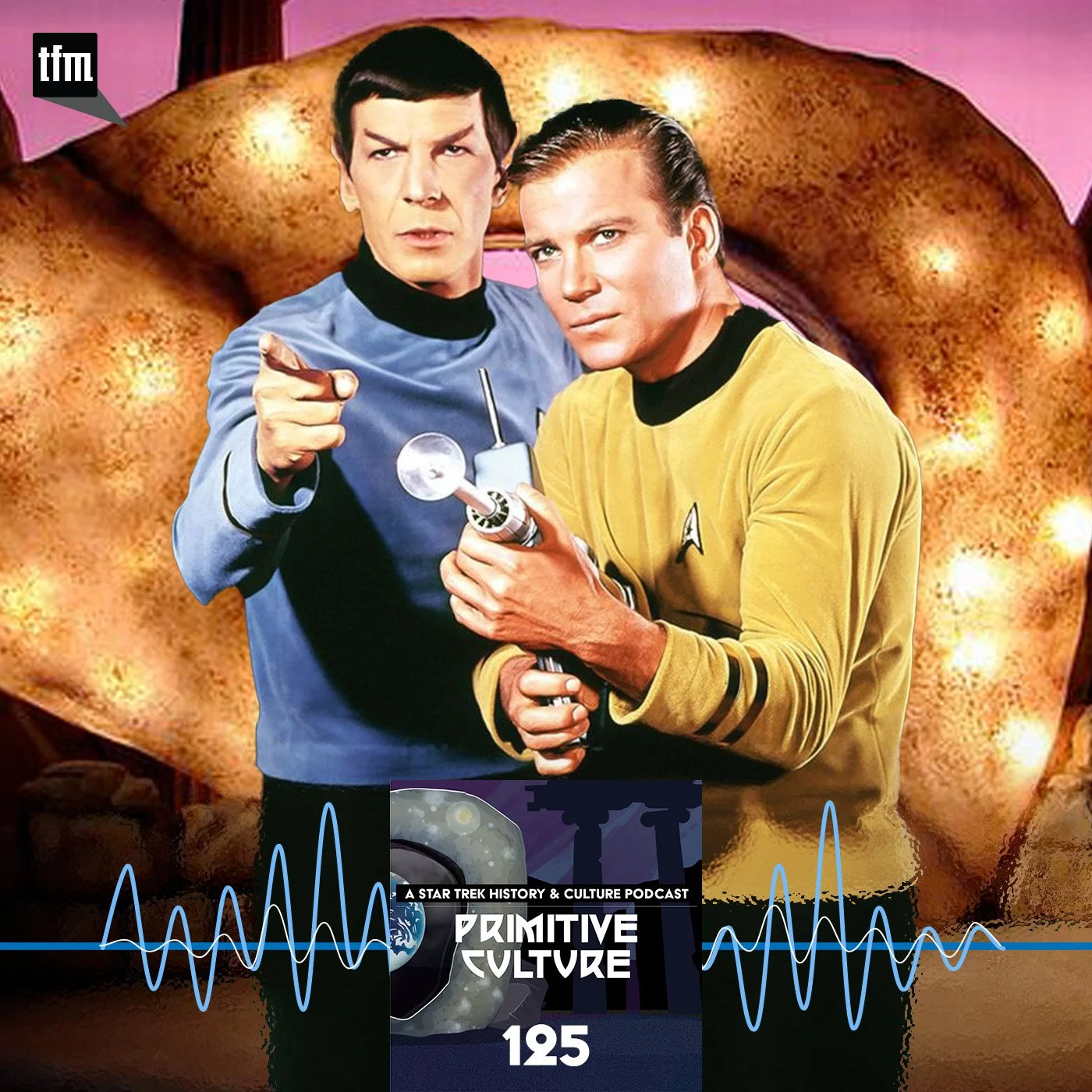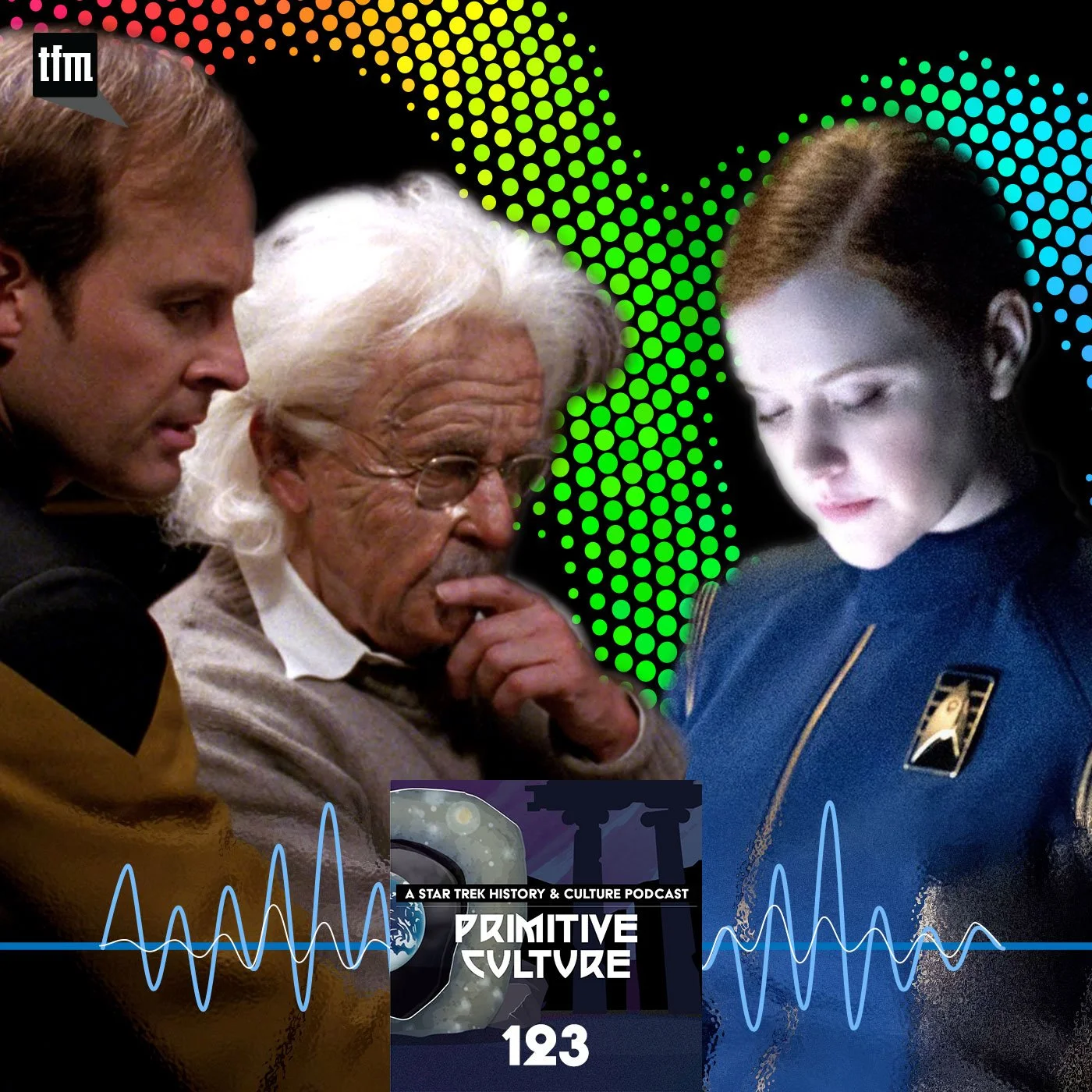Naren Shankar on a life in science fiction.
Running Time: 58 minutes 30 seconds
Download / RSS / Send us a message / Discuss the show / Support Trek.fm
While Ronald D. Moore and Brannon Braga took the Star Trek: Next Generation cast to the big screen—not to mention reinventing classic space shows Battlestar Galactica and Cosmos—it was another young writer from the TNG stable, Naren Shankar, who would contribute to the most science-fiction TV in his post-Trek career. Over three decades as a screenwriter and showrunner, Shankar has worked on genre classics such as SeaQuest, Farscape, The Outer Limits, and, most recently, the phenomenally successful adaptation of James S.A. Corey’s Expanse novels, currently in its final season on Amazon Prime.
In this episode of Primitive Culture, host Duncan Barrett speaks to Shankar about a life in science-fiction TV—from his early days as a writer-scientist in the Star Trek: Next Generation writers’ room to his current role at the head of one of the most lauded sf shows to hit the small screen in decades. We discuss where the science ends and the fiction begins—from the rather cavalier “teching the tech” of nineties’ Star Trek to the precise physics demanded by The Expanse—and ponder why the current historical moment seems to be heralding something of an sf renaissance.
Chapters
Intro (00:00:00)
First Duties (00:17:25)
Teching the Tech (00:29:37)
Farscape and The Expanse (00:39:45)
Host
Duncan Barrett
Guest
Naren Shankar
Production
Duncan Barrett (Editor and Producer) C Bryan Jones (Executive Producer) Matthew Rushing (Executive Producer) Tony Black (Associate Producer) Clara Cook (Associate Producer)











